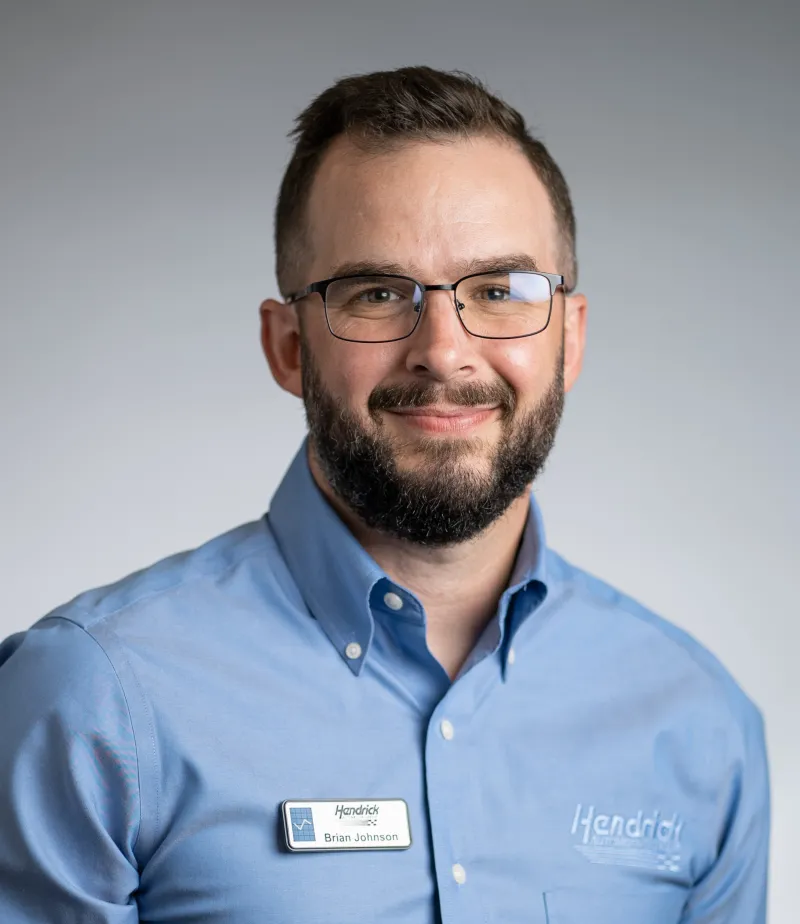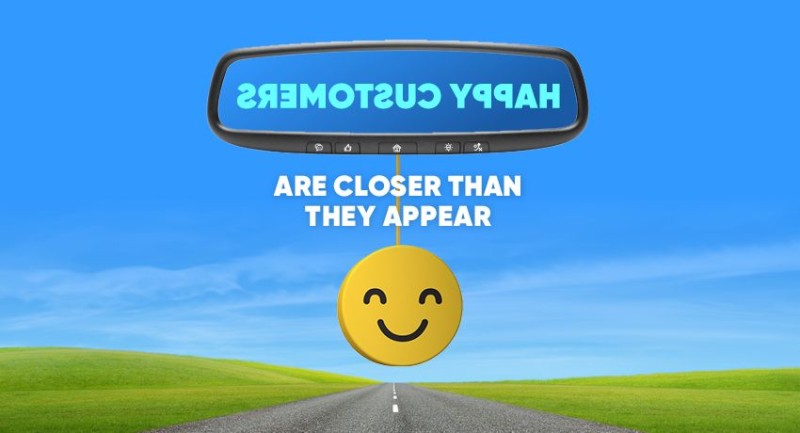The automotive industry has been on a roller coaster ride of profit and loss in recent years. At the start of the COVID-19 pandemic, automotive sales tumbled in 2020 before surging demand and a global chip shortage sent prices skyrocketing in 2021. The ongoing chip shortage as well as major supply chain disruptions, however, have led to delays and inventory shortages that continue to upend new and used car markets.
There’s very little that automotive groups and dealerships can do about these global conditions. Areas that they can control are the customer experience and their brand reputation. In its latest Automotive Industry report, Reputation, an online reputation management provider, analyzed online reviews from more than 20,000 automotive bands and dealerships in the United States and Canada and 15,000 more across Europe and ranked the automotive brands, dealer groups, and dealerships based on their response rate to negative feedback, engagement scores, average scores across dealerships, and other criteria.
For the third year in a row, Hendrick Automotive Group was the top overall ranked public or private dealer group for online reputation in addition to earning the highest sentiment and visibility score among all private and public automotive groups. Headquartered in Charlotte, North Carolina, Hendrick Automotive Group represents 130 franchises across more than a dozen states and employs about 11,000 people. We spoke with Brian Johnson, vice president of marketing at Hendrick Automotive Group, about the company’s customer strategy, the evolution of how car buyers shop, and the connection between the employee and customer experience.

Customer Strategist: What is Hendrick's approach to the brand experience and customer experience and how do you differentiate yourself from your competitors?
Brian Johnson: While they [our competitors] are certainly worthy competition and doing a tremendous job, we just stay focused on ourselves. We really start with our people. And that's Mr. Hendrick's philosophy. I know that's a little bit of an odd approach, but it works really well. We just feel if we take care of our people, our people will take care of our customers. You can provide an excellent customer experience and be focused on that, but we choose to focus on providing an excellent experience for our teammates and when they're happy, our customers are happy. Our approach is leaning into our culture and our core values of prioritizing people first.
Even during the pandemic, we didn't lay anyone off. We guaranteed everyone's salary at 80%. A lot of these folks are commission-based folks. And I think we were able to bounce back much quicker because we still had our team intact and our folks have really taken care of our customers.
CS: Can you give me an example of how you took care of your employees even before COVID?
BJ: Yeah, we have all kinds of tremendous programs here. We've got some of the best facilities in the automotive industry that our teammates get to work in. We provide free healthcare to our teammates. We provide scholarship programs. We provide onsite free training for our technicians. We offer supplemental learning classes through our partners to be able to stay up to date on your certifications.
And we do that across all departments, whether that's marketing or technicians or sales. We also have finance classes and sales seminars to help people stay as sharp as they can on their skills. We're constantly giving reviews, and constantly having one-on-ones with our teammates so they feel connected with their leadership and they feel connected with the organization. And it's just a part of what we do. It's part of what we ask our store leadership to do. So we feel pretty good about all the things we were doing even before the pandemic, and it just really reinforced that we were doing the right things to start with.
CS: Let’s talk about Hendrick winning the highest sentiment and visibility score. Could you give me an example of how you did that? How did you take a customer insight from a sentiment analysis tool and act on it?
BJ: During the pandemic, if it was about a store not having masks available—we have stores in 14 different states and every regulation is different—we were always monitoring that very closely and we used those type of insights to be able to arm our stores with what our customers needed. And we still do it today.
You know, inventory availability is a big thing right now in the automotive space. We're used to having a couple hundred vehicles to sell on average at every one of our lots. And right now, if you see five or 10 available, that's a lot. So, we're constantly using sentiment tools to monitor our business and see what we can improve. I don't think there's any secret sauce to this other than we want to pay attention and be the best.
CS: How often do you monitor customer sentiment and other scores?
BJ: For us, it's a daily, weekly, monthly measurement. Some look at it every day. Our leadership looks at it every week and Mr. Hendrick looks at it once a month. It's a core tenant of who we are, just like, did we hit our sales objectives? Did we hit our service objectives? Did we hit the manufacturer objectives? All of the different things that we measure, including these reputation scores, are a part of that.
CS: What types of things have you done to raise your visibility score?
BJ: The [Reputation] platform itself will give you some insights, like, “Hey, you need to focus on Google reviews or Facebook reviews or diversify on different channels, especially in the automotive space.” But again, I think it just comes back to us paying attention. If we get a negative customer review, our general managers who lead the store have to deal with it. It's not something that just gets handed off to a marketing person or a guest services person.
And most of the time it's just a communication error. Maybe a car part wasn't ready, or your car took longer in service, or your sales experience took a little longer than normal. The tool gives us the insights on what to do there. But again, we deal with very few negative reviews and the ones we do get, we require our leadership to handle them, as they should.
CS: Would you say that the majority of your customers come to you through an online channel first?
BJ: Yeah, I mean, look that's the world that we live in today. And I think it's why we put a tremendous amount of focus on it. I believe that it's a major piece of the consideration when customers are considering where they're going to go, what dealership are they going to do business with. They look at those reviews across Google, the social channels, etc., to see what type of experience others have had.
I wouldn't say that every customer experience starts with an online channel. You know, the touchpoints are anywhere from 30 to 50 different touchpoints before a customer even shows up at our store or contacts the store. But most of it is through an online presence to start.
The days of, let's hop in the car on a Saturday and go visit four or five car dealerships and find the one we want, you know, those days are long past. People are looking at manufacturer websites. They're looking at our websites, they're looking at competitor websites, they're looking at auto traders of the world. And then once they zero in on a car, you know, we’ve got to nail that experience and we’ve got to get it right. Because they have a lot of information at that point. They understand what it is they want, what they're looking for, and if we can deliver on that expectation, it'll be a world class experience. And we do that more often than not.
CS: What other challenges has the company had to overcome to maintain these high scores? Do you find that customers are comparing your experience to an experience they might have received from another industry?
BJ: I think every customer does that in my opinion. If you're doing to go to a restaurant that you've never been to before, you're probably going to look at the reviews and see what others have thought about it. And I think people do the same thing when they visit a car dealership.
But when you visit a dealership to purchase a car, this is something you're doing once every three to five years. So these reviews are critically important. It is important that people see that others have had tremendously positive experiences when they're making that decision, especially if, you know, we're new franchise dealers. We're selling BMWs and Chevrolets and Hondas, just like the other BMW and Chevrolet and Honda stores are. We have the same products and the manufacturers tell us what the price is going to be. So, our niche and our advantage is to provide that great experience.
CS: What advice do you have for other companies on how to maintain customer loyalty?
BJ: I don't mean to sound redundant but take care of your people and they'll take care of your customers. It's been successful for Mr. Hendrick, so it should be successful for any industry out there.
CS: When it comes to taking care of your employees, are you doing anything differently? For example, are more employees asking for hybrid schedules or an opportunity to also work from home?
BJ: We have certainly adjusted our workforce to meet that when possible, but you know, our core business is retail operations, and we have to be available when the customers are available. And a lot of times, holidays are big for us. Memorial Day weekend is a big weekend for us.
Sometimes it means working the day after Christmas or on Christmas Eve. But we do try to meet our teammates’ needs wherever possible. We are in the retail business, but we have adjusted, and we will continue to look at it and do what it takes to be competitive and to keep our teammates.
